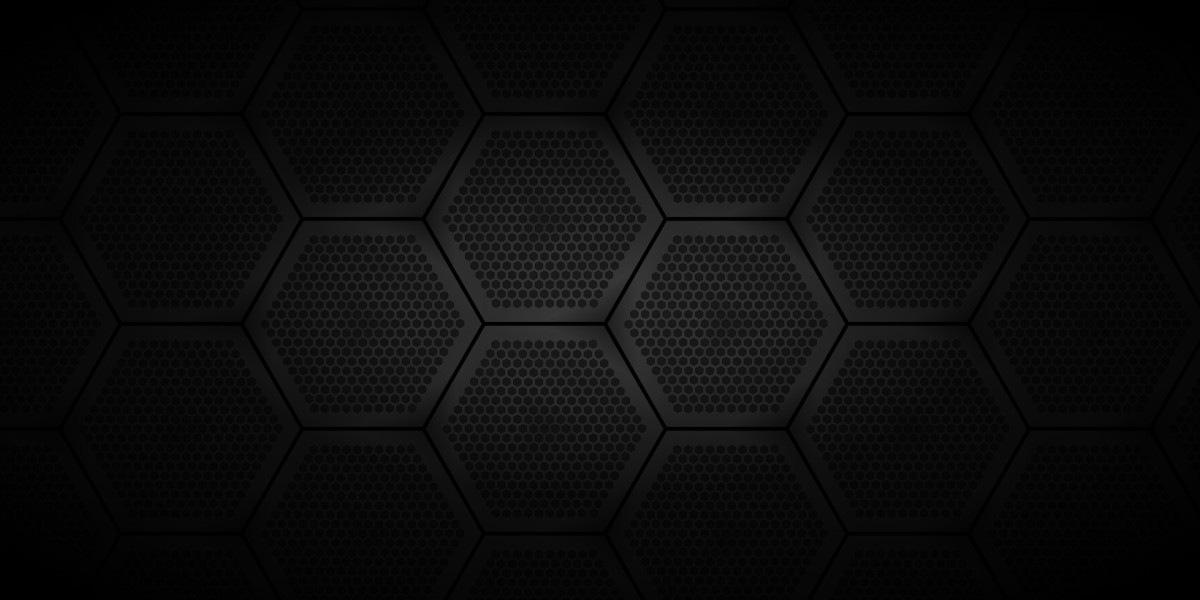Aluminium is one of the most widely used metals in the world. Its versatility makes it ideal for producing sheets that serve multiple purposes across industries. Whether used in construction, transportation, packaging, or electronics, aluminium sheets are known for their strength, lightweight nature, and corrosion resistance.
In this blog, we will explore the characteristics, types, and applications of aluminium sheets. We will also highlight what to consider when choosing a dependable aluminium sheet manufacturer and supplier in India.
What is Aluminium Sheet?
An aluminium sheet is a flat rolled product with a thickness typically between 0.2 mm and 6 mm. Anything thinner is referred to as foil, while anything thicker is classified as a plate.
Aluminium sheets are produced by rolling aluminium slabs through heavy-duty rollers to reduce thickness. After rolling, they are cut to size and may undergo additional processes such as anodizing, painting, or embossing, depending on their intended use.
Benefits of Using Aluminium Sheet
Aluminium sheet has gained popularity because it delivers several benefits:
1. Lightweight
Aluminium weighs about one-third as much as steel, making it perfect for weight-sensitive applications like aerospace and automotive.
2. Corrosion Resistance
Aluminium naturally forms a protective oxide layer that resists rust, even in marine or industrial environments.
3. Excellent Workability
Aluminium sheets are easy to bend, cut, weld, or machine. This flexibility makes them suitable for both structural and decorative applications.
4. Recyclable and Eco-Friendly
Aluminium is 100% recyclable, retaining its quality even after multiple recycling cycles. This reduces environmental impact.
5. Good Thermal and Electrical Conductivity
It conducts heat and electricity well, which is useful in applications like heat exchangers and electrical panels.
Types of Aluminium Sheets
Aluminium sheets are available in various grades, each offering unique properties. Here are some commonly used types:
● Plain Aluminium Sheet
This is the most basic form and is widely used for roofing, signboards, and interior decoration.
● Anodized Aluminium Sheet
Anodizing enhances corrosion resistance and allows for colored finishes. It’s widely used in decorative applications.
● Coated Aluminium Sheet
These sheets are painted or powder-coated for added protection and visual appeal.
● Perforated Aluminium Sheet
Used in acoustic panels, cladding, and ventilation systems, these sheets have holes punched into them in a specific pattern.
● Embossed Aluminium Sheet
These sheets have textured surfaces and are commonly used in flooring and cladding for better grip and aesthetics.
● Chequered Aluminium Sheet
This type features a raised pattern that offers slip resistance. It's often used for ramps, staircases, and vehicle flooring.
Grades of Aluminium Sheet
Different grades of aluminium are used based on application requirements:
1100: Commercially pure aluminium with excellent corrosion resistance. Used in chemical equipment and decorative parts.
3003: Offers moderate strength and good corrosion resistance. Common in roofing and siding.
5052: High strength and corrosion resistance, ideal for marine and transportation use.
6061: A versatile structural alloy used in construction, aerospace, and machinery.
8011: Used for household foil and packaging applications due to its excellent forming properties.
Applications of Aluminium Sheet
Thanks to its properties, aluminium sheet serves a variety of industries:
1. Construction and Architecture
Aluminium sheets are used in roofing, wall cladding, facades, ceilings, and window frames. Their corrosion resistance and aesthetic appeal make them a top choice in modern architecture.
2. Aerospace and Automotive
The lightweight nature of aluminium helps reduce fuel consumption and emissions. Sheets are used in aircraft skins, car panels, and trailers.
3. Packaging Industry
Aluminium sheets are used to manufacture beverage cans, food containers, bottle caps, and pharmaceutical packaging.
4. Appliances and Consumer Goods
They are used in refrigerators, ovens, cookware, lighting fixtures, and laptops due to their finish and durability.
5. Marine and Offshore
Grades like 5052 and 5083 are perfect for boat hulls and other marine equipment, offering strength and saltwater resistance.
6. Industrial Equipment
From heat exchangers to power control panels, aluminium sheets are essential in manufacturing and electrical applications.
Choosing the Right Aluminium Sheet Manufacturer
If you're sourcing aluminium sheet for your project or business, selecting the right manufacturer or supplier is critical.
Consider the following factors:
● Product Range
A reliable manufacturer offers a wide selection of aluminium sheet types, grades, and sizes.
● Quality Standards
Ensure the supplier adheres to international standards such as ASTM, EN, or ISO certifications.
● Customization
Choose a supplier that provides customization in thickness, width, finish, and packaging.
● Timely Delivery
Logistics efficiency is important, especially for bulk or time-sensitive orders.
● Technical Support
The ability to provide technical advice, documentation, and after-sales service adds value.
Aluminium Sheet Sizes and Thickness
Aluminium sheets are available in standard thicknesses ranging from 0.5 mm to 6 mm. Custom sizes can be made to suit project needs. Common sheet sizes include:
4 ft x 8 ft
1000 mm x 2000 mm
1220 mm x 2440 mm
Thicker sheets may require special handling and equipment for cutting and shaping.
How to Store and Handle Aluminium Sheet
Proper storage and handling of aluminium sheet prevent damage and maintain quality:
Store sheets in a dry, covered area to prevent moisture exposure.
Use non-abrasive gloves when handling to avoid surface scratches.
Stack sheets with protective interleaving to avoid metal-on-metal contact.
Avoid dragging sheets across rough surfaces.
Conclusion
Aluminium sheet continues to be one of the most versatile and in-demand materials across many industries. Its combination of lightweight strength, corrosion resistance, and workability makes it a top choice for manufacturers and builders worldwide.
When sourcing aluminium sheets, it's important to partner with a trusted aluminium sheet manufacturer and supplier in India. A reliable supplier ensures product quality, fast delivery, and excellent customer service—helping you get the most value from your material investment.








